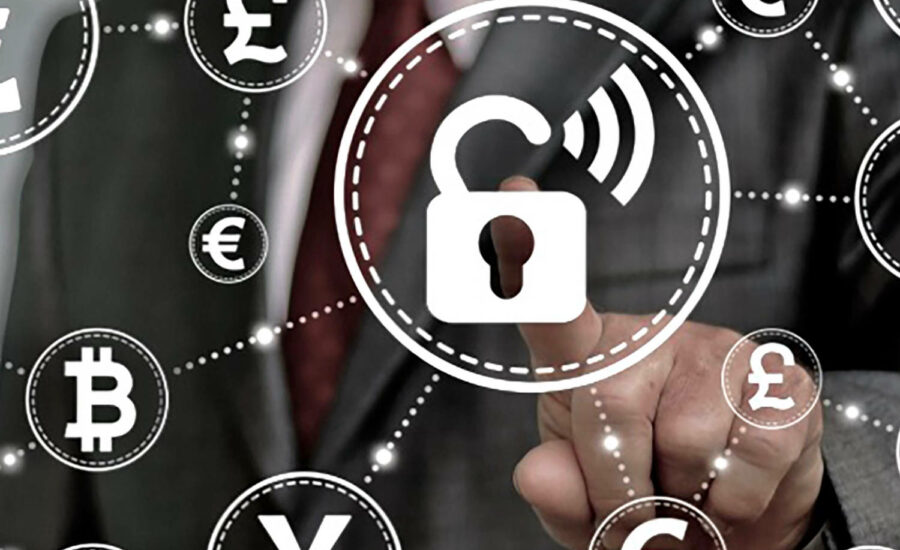We often talk about various terms that seem familiar to us, but we would not be able to explain what they are and how they work because our knowledge is based on context and general intuition. Sometimes it becomes even more difficult to understand the whole when all the concepts start to correlate with each other. Therefore, easy to lost in the wide world of crypto concepts. To better understand how crowdfunding works together with tokenization, let’s start from the beginning and simple concepts.
What is a token?
Today, we will present the most important things related to tokens. The most cryptic term is the token itself – in an economic sense, it is virtual and encoded confirmation of a certain transaction. It offers a modern solution to common problems in the financial world. In a broader sense, a token is something else, such as casino tokens – representing traditional money. It can also be used when tracking a product through a supply chain. When you tag an item with a token, you can track its progress.
Coin and Token are not equivalent terms. Tokens are “digital tokens” or counters that represent assets. They involved in the blockchain (decentralized database) created specifically for a particular cryptocurrency. The coins of this cryptocurrency used as a means of transaction. On one blockchain, you can issue different types of tokens. Each designer creates his own token – a confirmation of the contract between the investor and the developer, which cannot be faked. It can also be used as a means of transaction.
Also, remember, not to confuse, tokens with cryptocurrencies, as the former created using smart contracts. However, cryptocurrencies used to make transactions with tokens in the same protocol. There can be several tokens in one network.
Tokens are not really a currency or security but have certain characteristics of both. They also have their own unique properties, making it difficult to determine their value. A token that confirms the conclusion of an agreement between the investor and the creator. Once the final product – released, the value of the token will, in part, depend on the demand for it – on the success of the commercial project.
Types of tokens and their main differences
Tokens can be divided into several categories:
- The Security Token is proof of ownership of an asset that works similarly to traditional securities. The people who own such tokens do not have ownership of the product they have invested in. But guaranteed a certain percentage of the profit generated from the product. Their exchange possible only after passing KYC (Know Your Customer) / AML (anti-money laundering), following the instructions. And passing checks in financial services, which designed to protect both parties from financial fraud. Thus, security tokens are an excellent solution for decentralized crowdfunding, as they provide high security for operations. The sale of this kind of token – called STO (Security Token Offering).
- Equity Tokens are similar to traditional financial assets in that their owners have ownership rights to certain products – thus. This token is evidence of the share and its exact percentage.
- Utility tokens or digital assets. Their distinguishing feature is the possibility of anonymous exchange. They typically used within a particular platform (eg Ethereum) and are a form of coupon or “loyalty program”.
Tokens often are ways to raise funds for start-up projects, i.e. those who in the first place does not have enough capital for development.
Companies usually opt to use utility tokens. Although this process may resemble crowdfunding, thanks to automated smart contracts issued by a particular startup, investors can expect specific benefits and profits over time. Depending on the type of token, it is subject to other laws and regulations that restrict its owner in different ways.
Business models based on the token economy
Each investor, after investing in projects, receives in return rights, such as ownership, license, and participation in voting, associated with the project. Such a transformation of the existing infrastructure in the field of social investments contributes to the more active involvement of supporters from all over the world in the project. Tokens can be exchanged for services – usually a well-defined type of service related to the ecosystem of a given platform.
What does tokenization mean?
Tokenization means creating tokens and setting their value. It is a form of turning ordinary assets into digital ones. The easiest way to do this is to assign the tokens to a certain notional currency, for example, issue 1000 tokens after receiving a thousand dollars, which will give one token a value of 1 dollar.
What does crowdfunding mean?
It is the collaboration of a group of people who pool their money or resources to help other people or organizations. As a rule, crowdfunding exists on the Internet. People who invest their resources and finances – called donors, and those who receive them for the development of some business – called recipients. You can also hear the name of donors – sponsor or investor, and recipients, that is, recipients, are called authors, which is explained by the fact that they create the project.
Why is tokenization the best way to crowdfunding?
Thanks to blockchain technology, this type, tokenization, of financing is more transparent – depending on the specifics of a particular project, investors can influence the project to various degrees (for example, if the creator of the project does not fulfill its obligations by default, investors can stop paying him funds), as well as monitor the flow of their investment thanks to blocking explorers, which allow you to view the content of transactions in the blockchain. Blockchain provides transparency that traditional forms of crowdfunding lacked. We believe this is a significant change in the financial world that will provide greater security in times of crisis.
